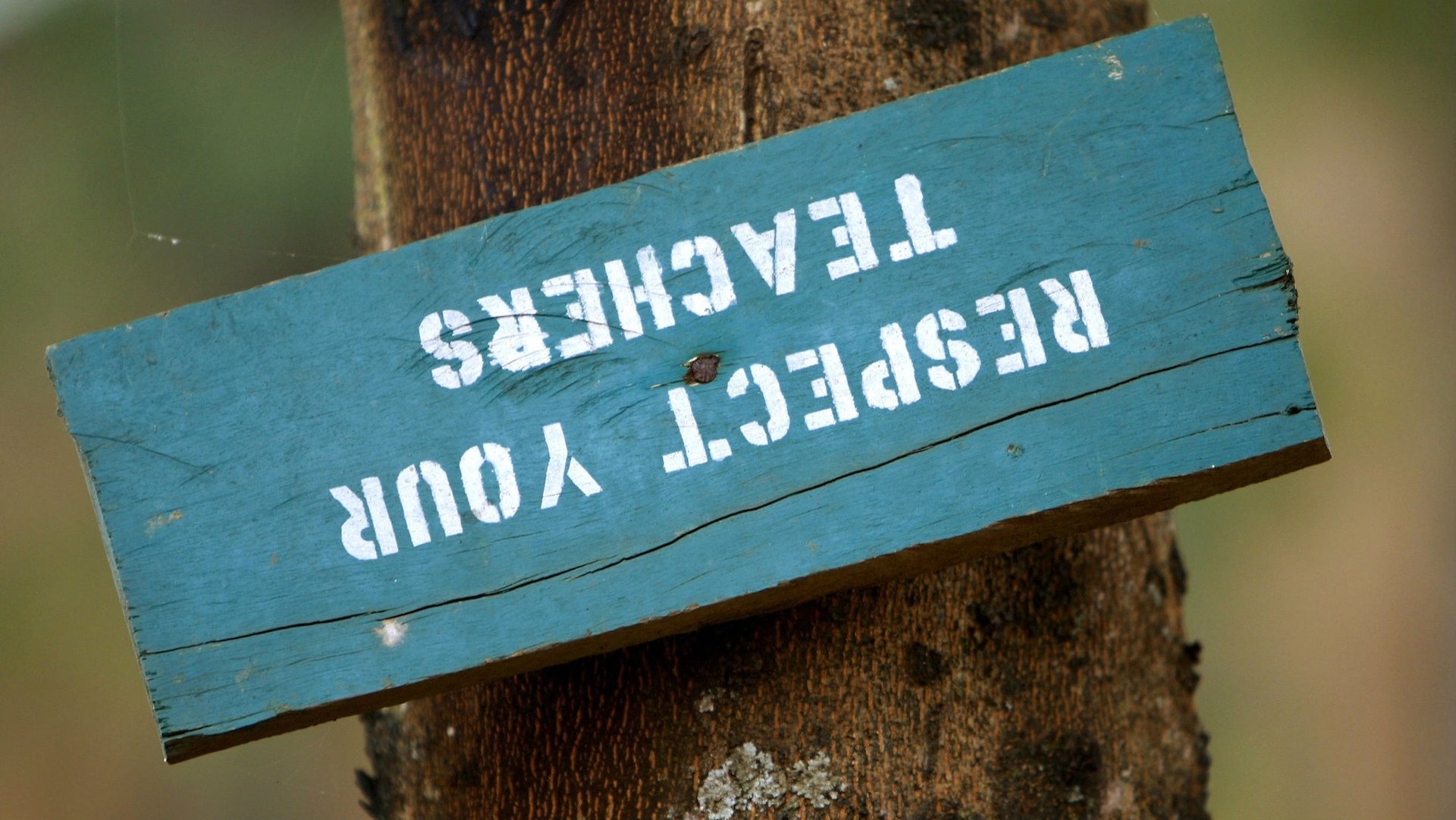Uganda’s public schools are being replaced by shopping centers and hotels
In Uganda, schools are losing their land to hotels, shopping centers, sports facilities, and other commercial developments.


In Uganda, schools are losing their land to hotels, shopping centers, sports facilities, and other commercial developments.
In Kampala, Kololo High School—once one of the city’s largest schools—has had to decamp to a small rental building. Nabagereka Primary, one of the oldest schools in the region and home to more than 1,000 students, was razed in January. In the eastern city of Jinja, the head of education turned over land housing a primary school to commercial developers, explaining that the location was not conducive for effective learning.
Auditors are currently investigating 30 school closures, mostly in Kampala, for illegal land allocations. Land disputes in Uganda are common, with farmers, residents, and now students often on the losing side and government officials targeted by angry, and sometimes violent, residents.
“We need schools in the capital, and we cannot just sit and watch them disappear,” Daudi Migereko, a government minister for urban development, told Al Jazeera.
By law, authorities need a court order for any eviction and must pay residents compensation. In the case of Kampala’s public schools, few are owned by individuals and many are on public property controlled by authorities like the Uganda Land Commission, one of the ministries being probed. Nabagareka Primary was leased to a local businessman who was arrested after the school was demolished but released that same month.
Rules regarding land ownership in Uganda are notoriously murky. Even when petitions over land loss are successful, as was the case over public parks and other land in Mbale taken by authorities in 2012 and 2013 in eastern Uganda, not all land titles were restored because of the complication of reversing what had already been done, according to Parliament Watch Uganda, which monitors the government.